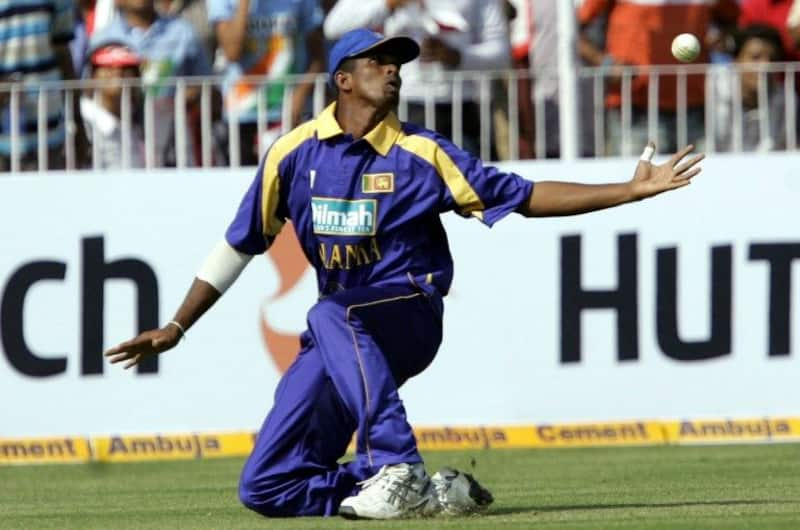
Cricket Country Staff
Editorial team of CricketCountry.
Written by Cricket Country Staff
Published: Nov 13, 2018, 03:15 PM (IST)
Edited: Nov 13, 2018, 03:15 PM (IST)

Dilhara Lokuhettige has become the third Sri Lankan cricketer with international experience to be charged under the International Cricket Council (ICC) on counts of breaching an anti-corruption code in the past month, and has been suspended from cricket with immediate effect.
Last month, Sanath Jayasuriya was charged by the ICC with two counts of breaching its Anti-Corruption Code and then Nuwan Zoysa was provisionally suspended with immediate effect after being charged with three counts of breaching the same.
On Tuesday, the ICC stated that it had charged the former Sri Lanka allrounder, on behalf of the Emirates Cricket Board, on three counts of breaching its code in regards to the T10 Cricket League held in the UAE in 2017.
An ICC release laid out the charges as follows:
1. Article 2.1.1 – being party to an effort to fix or contrive or to otherwise influence improperly the result, progress, conduct, or other aspect(s) of a Domestic Match.
2. Article 2.1.4 – directly soliciting, inducing, enticing or encouraging a player to breach Code Article 2.1.1.
3. Article 2.4.4 – failure to disclose to the Designated Anti-Corruption Officer (without unnecessary delay) full details of any approaches or invitations he received to engage in Corrupt Conduct under the Code.
Lokuhettige, who played nine ODIs and two T20Is between 2005 and 2013, has 14 days to respond to the charges.
A current resident of Australia, Lokuhettige’s name was implicated in the Al-Jazeera documentary released in May, along with former Sri Lanka cricketers Jeevantha Kulatunga and Tharindu Mendis.
This website uses cookies so that we can provide you with the best user experience possible. Cookie information is stored in your browser and performs functions such as recognising you when you return to our website and helping our team to understand which sections of the website you find most interesting and useful.
Strictly Necessary Cookie should be enabled at all times so that we can save your preferences for cookie settings.
If you disable this cookie, we will not be able to save your preferences. This means that every time you visit this website you will need to enable or disable cookies again.
